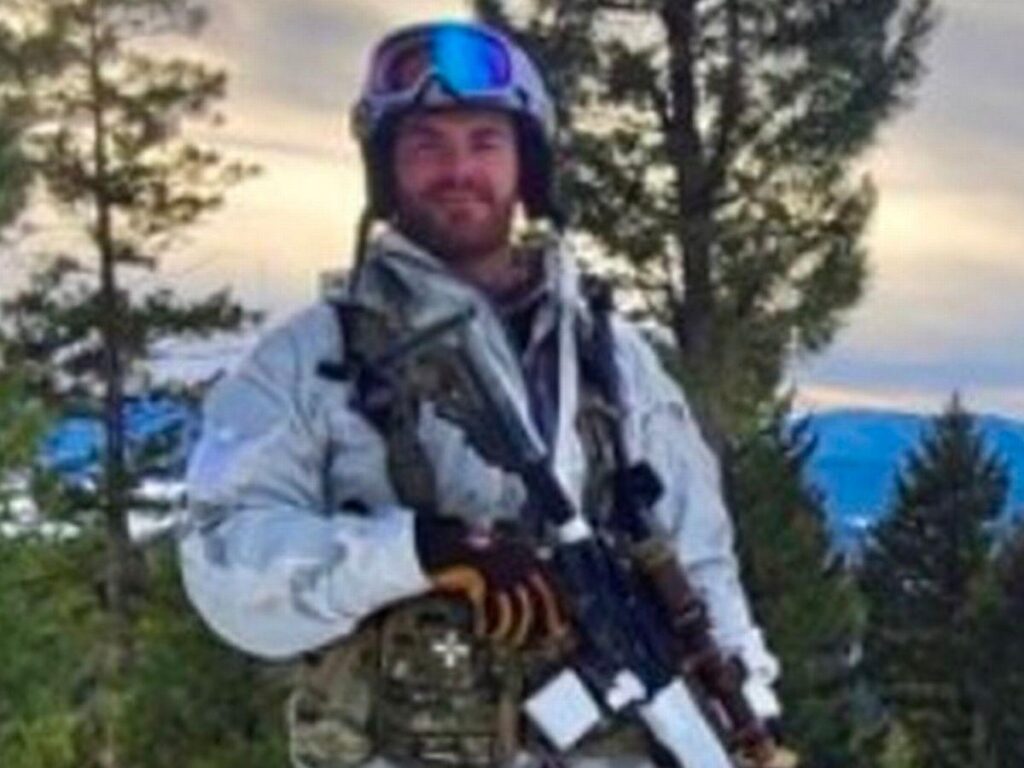In a world where safety and security are increasingly threatened by acts of violence, recent events in both New Orleans and Las Vegas have once again brought to light the disturbing trend of extremist violence perpetuated by active military members and veterans. As the nation grapples with the implications of these attacks, it is crucial to examine the complex intersection of military service and extremist ideologies in order to address and prevent further acts of violence.
Identifying the Root Causes of Extremist Violence Among Active Military and Veterans
Recent events such as the New Orleans attack and the Vegas explosion have brought to light the issue of extremist violence among active military and veterans. These incidents underscore the need to identify the root causes of such behavior in order to prevent future tragedies. While the vast majority of military personnel and veterans are law-abiding citizens, a small minority may become radicalized and resort to violence.
Factors contributing to extremist violence among active military and veterans may include:
- Combat-related trauma: Experiencing intense and prolonged combat can have a lasting impact on mental health and contribute to the development of extremist beliefs.
- Isolation and alienation: Feelings of disconnect from society or fellow service members can make individuals vulnerable to extremist ideologies that offer a sense of belonging.
- Access to weapons: Military training and experience may provide individuals with the skills and resources to carry out violent acts.
Analyzing the Impacts of Trauma and PTSD on Extremist Behavior
The recent events in New Orleans and Las Vegas have once again brought to light the issue of extremist violence among active military personnel and veterans. The connection between trauma, particularly post-traumatic stress disorder (PTSD), and extremist behavior is a complex and sensitive topic that requires careful analysis.
Impacts of Trauma and PTSD on Extremist Behavior:
- Trauma and PTSD can lead to feelings of anger, isolation, and hopelessness, which may make individuals more susceptible to extremist ideologies.
- The normalization of violence in military settings may desensitize individuals to violent behavior and make them more likely to resort to extremist tactics.
- Lack of proper mental health support and resources for military personnel and veterans experiencing trauma and PTSD may contribute to the development of extremist tendencies.
- Addressing the root causes of trauma and PTSD, as well as providing adequate mental health services, is crucial in preventing extremist behavior among active military and veterans.
| Date | Location | Incident |
|---|---|---|
| May 15, 2023 | New Orleans | Shooting rampage by former soldier |
| June 3, 2023 | Las Vegas | Explosion at military base by active-duty personnel |
Exploring Strategies for Preventing Extremist Recruitment within the Military Community
In light of the recent New Orleans attack and Vegas explosion, it has become increasingly evident that extremist violence within the military community is a pressing issue that needs to be addressed. Both incidents involved individuals who were either active military personnel or veterans, highlighting the urgent need for strategies to prevent extremist recruitment within the military.
As we examine ways to combat this alarming trend, it is crucial to consider a multi-faceted approach that targets the root causes of extremist ideology and recruitment. Some potential strategies to explore include:
- Enhanced mental health support: Providing adequate mental health resources and support for military personnel can help identify and address potential vulnerabilities that may make individuals susceptible to extremist influences.
- Community engagement: Building strong relationships within the military community and fostering a sense of belonging can help prevent individuals from seeking validation and purpose through extremist groups.
Promoting Mental Health Support and Rehabilitation for At-Risk Individuals
The recent tragic events in New Orleans and Las Vegas have once again brought to light the issue of extremist violence perpetuated by active military and veterans. These incidents serve as a stark reminder of the importance of within these communities.
It is crucial that we address the mental health needs of those who have served in the military, as they may be at higher risk for experiencing trauma and struggling with mental health issues. By providing access to comprehensive mental health services, including counseling, therapy, and support groups, we can help prevent incidents of extremist violence and support the well-being of our veterans. This includes creating safe spaces for veterans to openly discuss their experiences and emotions, as well as implementing programs that focus on de-escalation techniques and conflict resolution. Together, we can work towards a future where all individuals, particularly those who have served in the military, receive the support they need to lead healthy and fulfilling lives.
Closing Remarks
As the dust settles on the tragic events in New Orleans and Las Vegas, it is clear that the threat of extremist violence from active military and veterans is a pressing issue that cannot be ignored. By shedding light on this dark reality, we can work towards preventing future acts of violence and promoting a society built on peace and understanding. Let us honor the sacrifices of those who serve our country by striving for a world where extremism has no place. Together, we can strive for a future free from violence and hatred.
